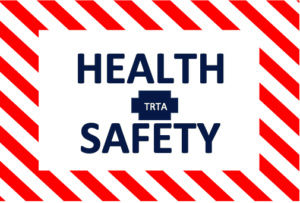Nearly six million of adults in the United States suffer from Alzheimer’s Disease or Alzheimer’s disease related disorders (ADRD) such as vascular dementia and Lewy Body Disease. The vast majority of these adults are seniors, a population most likely to be diagnosed with heart disease or other form of vascular disease.
Dementia describes a progressive deterioration in thinking, reasoning skills and judgement. It is a behavior that interferes with day-to-day functioning, and which may result in loss of independence.
Vascular dementia occurs when blocked or damaged arteries in the brain cause a large stroke or multiple small strokes.
Lewy body disease is a form of dementia with Lewy bodies. These are protein deposits which develop in nerve cells in the brain and may result in visual hallucinations and changes in alertness and attention. There may be effects including Parkinson’s disease signs and symptoms.
Alzheimer’s Disease is characterized by the development of amyloid plaques and tau protein in the brain and often results in short term memory loss.
As an individual ages, multiple reasons for cognitive impairment may exist. Pure vascular dementia is rare, but vascular disease commonly coexists with Alzheimer’s Disease. A person with cardiovascular disease may not develop full-blown Alzheimer’s Disease, but their risk of mental decline rises. People with heart disease are more likely to experience thinking and memory problems. Women who survive a heart attack are twice as likely to experience a decline in memory and cognitive ability. Heart failure patients have a significantly higher risk of developing cognitive decline, leading to death.
Researchers have found that measures taken to lower the risk of heart attack may be beneficial to the brain. Recent studies have shown that taking medications for high blood pressure, cholesterol or diabetes, or an antiplatelet drug or anticoagulant, may slow the rate of cognitive impairment.
Although Alzheimer’s Disease and ADRDs cannot be cured, there are steps you can take to reduce your risk of developing them and perhaps slow the course of the disease.
Maintain cholesterol, blood sugar and blood pressure within normal limits. Exercise!
Follow a heart healthy diet. Eliminate smoking.
Remember, what is good for your heart is good for your brain.
References: The Cleveland Clinic Heart Advisor and the Mayo Clinic.

